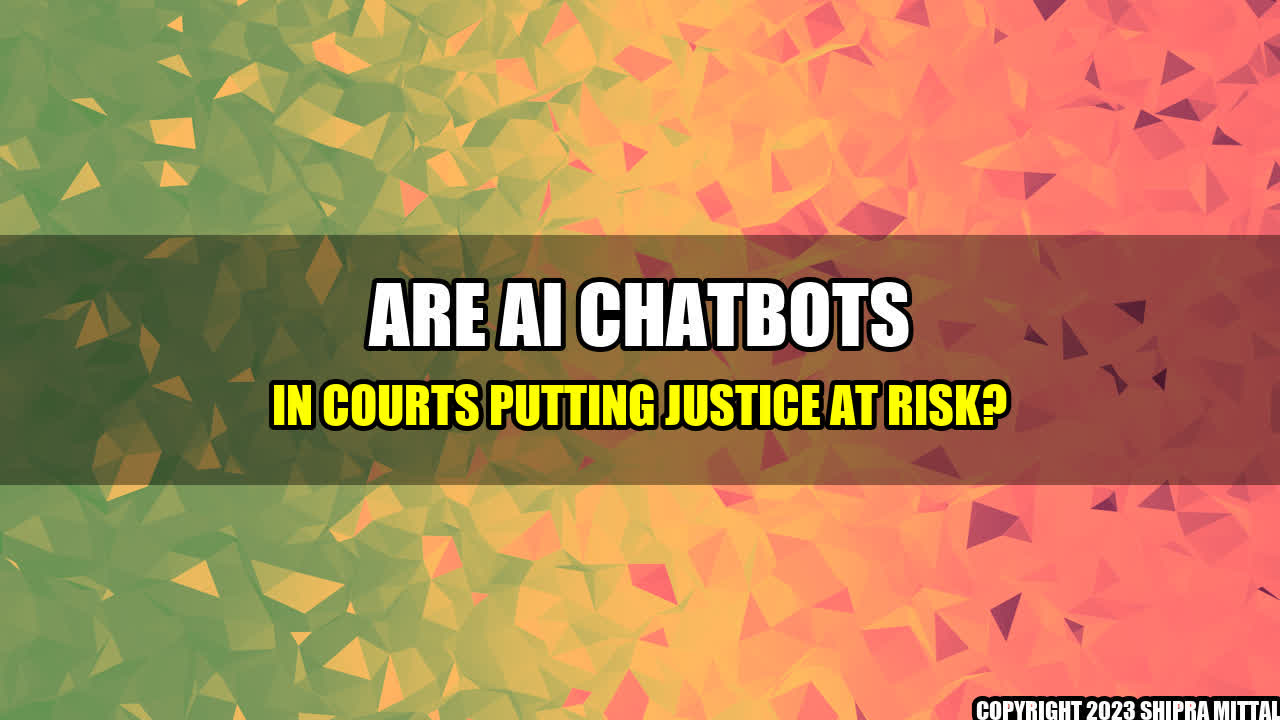The Story of John and a Chatbot Judge
John had always been a law-abiding citizen until one day when he was accused of a crime he didn't commit. Despite his pleas of innocence, he was promptly taken to a virtual courtroom where a chatbot judge presided over the case. John watched in disbelief as the judge determined his guilt based on a few lines of code and sentenced him to prison without a fair trial.
While this scenario may seem far-fetched, it's not entirely impossible in today's world. The use of AI chatbots in courts has become increasingly popular, but are they putting justice at risk?
Real-Life Examples
- The Case of the Estonian E-Judge: Estonia is one of the first countries in the world to use an AI chatbot judge in small claims court. The chatbot analyzes legal texts and past court rulings to make its decisions. While the chatbot has been successful in resolving cases quickly, concerns have been raised about its impartiality and lack of empathy.
- The AI Court in Belgium: Belgium has implemented an AI-powered court to handle low-level disputes such as traffic violations and petty theft. The chatbot judge uses algorithms to analyze evidence and determine guilt or innocence. While the court has been praised for its efficiency, critics argue that it undermines the principles of due process and human judgment.
- The Flaws of Predictive Policing: While not directly related to AI chatbots in courts, the use of AI in law enforcement has been criticized for perpetuating existing biases and discrimination. Predictive policing algorithms, for example, have been found to disproportionately target communities of color, leading to wrongful arrests and convictions.
Conclusion
The use of AI chatbots in courts may have its benefits in terms of speed and efficiency, but it also raises serious concerns about fairness and due process. The lack of human empathy and judgment in AI-powered decision-making could lead to wrongful convictions and undermine public trust in the justice system. As technology continues to advance, it's important to ensure that AI is used responsibly and ethically.
Some Critical Comments
- AI chatbots in courts could perpetuate biases and discrimination.
- The lack of human judgment and empathy in AI-powered decision-making could lead to unfair trials.
- While AI may have its benefits in terms of efficiency, it should not replace human judgment in the justice system.

Akash Mittal Tech Article
Share on Twitter Share on LinkedIn